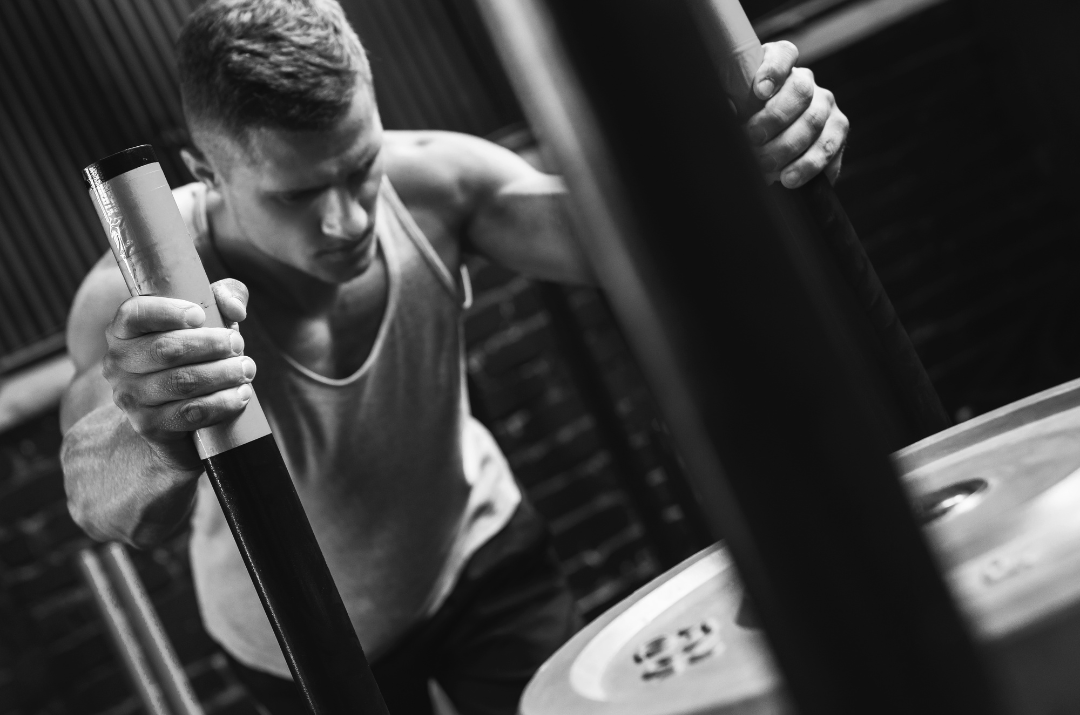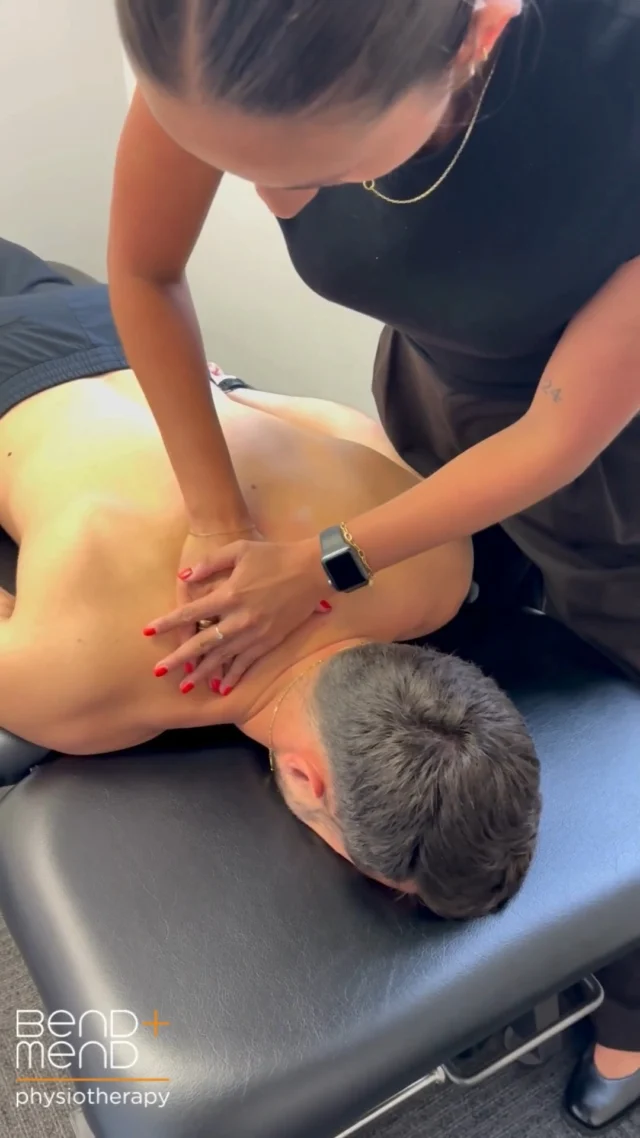 Performance and recovery are important terms when it comes to running – training hard enables you to improve your performance, whilst sufficient recovery enables you to train hard.
Performance and recovery are important terms when it comes to running – training hard enables you to improve your performance, whilst sufficient recovery enables you to train hard.
Have you been into a sports store recently and been confronted by the several different compression garments displayed on the back wall? If not, I’m sure you’ve seen every other runner wearing them, wondering whether they are worth your money. These compression tights are designed as a recovery tool and they have become increasingly popular among athletes.
Aside from looking like a professional and keeping me warm, do these tights actually facilitate recovery and performance?
A recent systematic review showed that wearing compression garments was correlated with a moderate reduction in muscle soreness after exercise and lower Creatine Kinase levels (a chemical marker of muscle damage). This result suggests that compression garments were effective in cleaning up the waste products of exercise!
A greater recovery of muscle power was also noted for those who wore compression garments which can be useful to the avid runner wanting to accelerate their recovery for successive training sessions – this means that they will be able to generate more force during each training session compared to no compression.
If you are someone who only trains once a week, you might not be as fussed about recovery strategies as your body is likely to recover well by itself in that period, however if you train several times a week, accelerating your recovery becomes important. Obviously other recovery strategies such as nutrition, hydration, and sleep play an integral role, however if wearing tights provides extra benefit then surely it’s worth that trip to the sports store right? When analysing the research, we must also consider it’s limitations. There was a wide variation in the type of compression garment used, hence we don’t know which type of garment or which brand is most effective. In addition, a wide range of sports was studied, making it less specific to running, and the studies used in the review were of variable quality.
Unfortunately, there’s not a whole lot of research specifically looking at the effect of compression garments for distance runners. One study did analyse the effect of wearing compression socks on recovery from a marathon by getting runners to progressively run at higher speeds on a treadmill 2 weeks before (baseline performance) and 2 weeks after a marathon. Those who wore compression socks had greater recovery as they performed significantly better on the post-marathon treadmill test when compared with those who wore ‘placebo socks’.
Whilst the extent of their effectiveness requires further research, there is some evidence to suggest that compression garments have a role in aiding recovery. Although there is insufficient evidence to support the use of compression for improved performance of the recovered athlete, remember that by improving recovery, you frequent runners ‘should’ be able to go harder throughout the week. The other good news is that there hasn’t been any proven negative effect associated with wearing compression garments.
You make the decision – are they worth your pennies?





